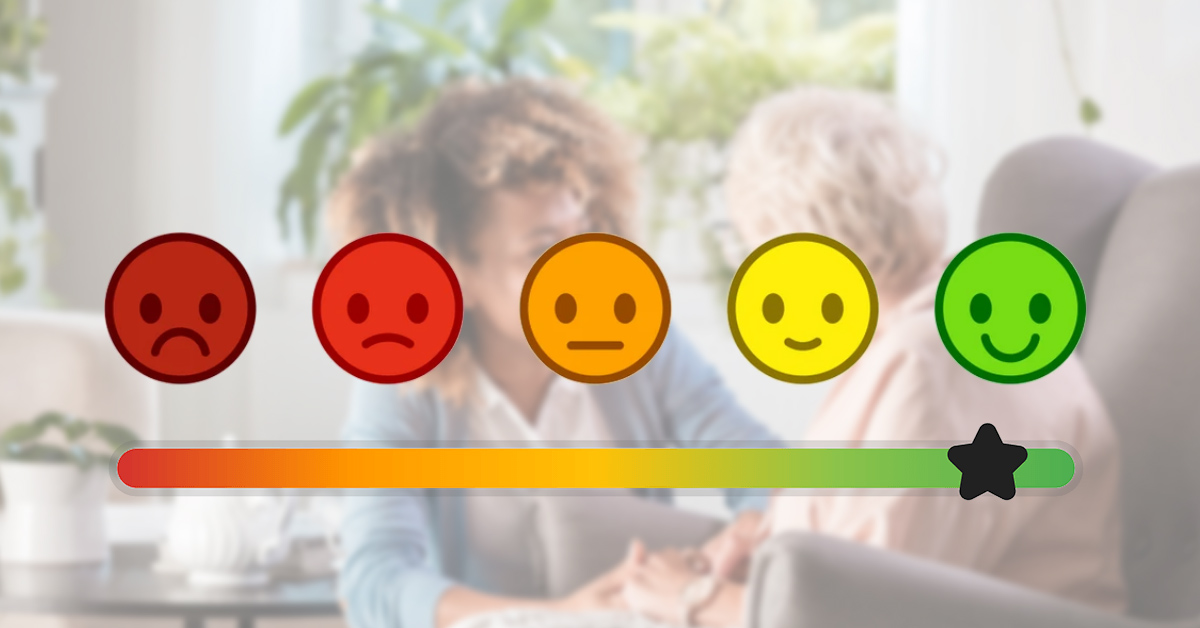01 Jul Minnesota EVV Update
To view the Minnesota Medicaid EVV System solution by Alora, click here
June 2021 Minnesota Electronic Visit Verification Update
As states begin to emerge from the hardships caused by the COVID-19 pandemic, our home health blog is committed to providing the latest updates on EVV implementation on a state-by-state basis. In this blog we focus on the latest news out of Minnesota, and the June 2021 news that the state has selected an official EVV aggregator.










